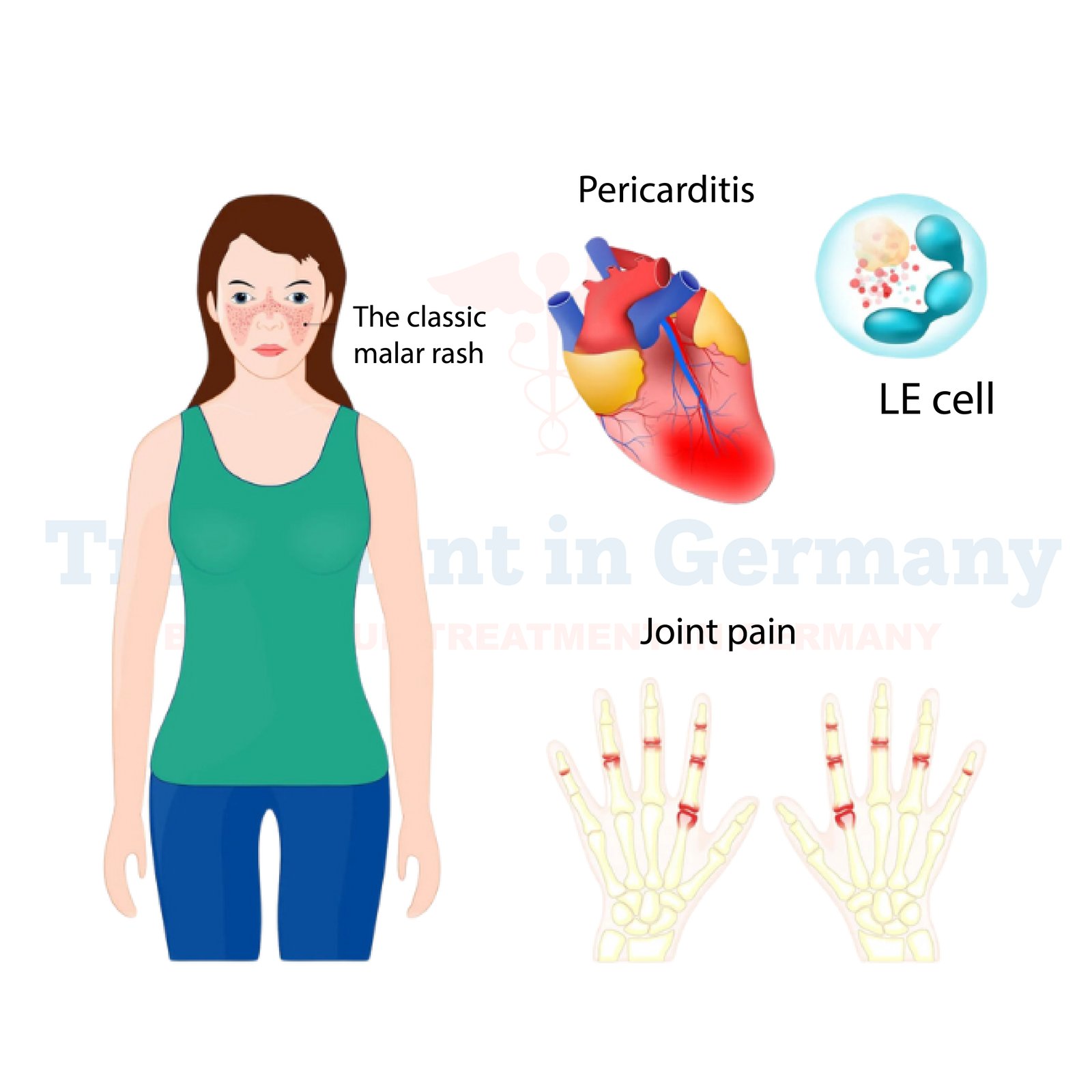What is Lupus?
Lupus, scientifically known as Systemic Lupus Erythematosus (SLE), is a chronic autoimmune disease where the immune system mistakenly attacks healthy tissues in various parts of the body.
This can lead to inflammation and damage to organs such as the skin, joints, kidneys, heart, lungs, and brain. Lupus is characterized by periods of flare-ups and remissions, making its management complex and requiring ongoing medical attention.
Side Effects of Lupus
The symptoms of Lupus can vary widely among individuals and may include:
These symptoms can significantly impact daily life and require careful monitoring and treatment to prevent complications.
How is Lupus Diagnosed?
Diagnosing Lupus can be challenging as its symptoms mimic those of other diseases. Medical professionals typically use a combination of the following to diagnose Lupus:
Consulting with a rheumatologist or an immunologist specialized in autoimmune diseases is crucial for an accurate diagnosis.
Potential Treatment of Lupus
While there is currently no cure for Lupus, treatment aims to control symptoms, prevent flare-ups, and minimize organ damage. Treatment plans are personalized based on the severity of symptoms and may include:
👉 Contact us for further information and receive a complimentary consultation.


.webp)
 (1).webp)

.webp)
 (1).webp)


.webp)
 (1).webp)

.webp)
 (1).webp)
